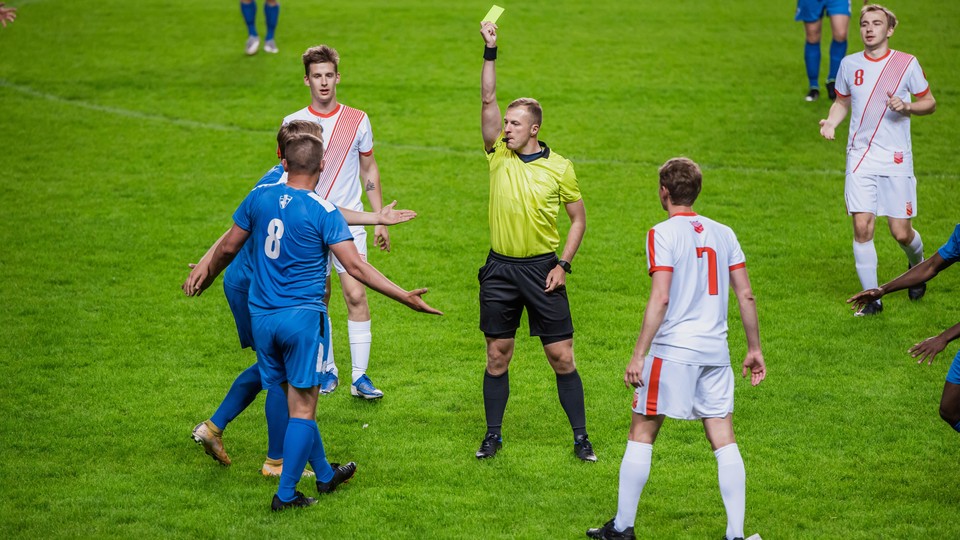
Social Climbers
Time To Rethink Social Climbers
Based on research by Siyu Yu
Time To Rethink Social Climbers
- Accurately perceiving and navigating social hierarchies is critical to workplace and personal success.
- People who accurately perceive group social hierarchies tend to form higher-status networks.
- People who accurately perceive social hierarchies are also typically high performers, in part because of their high-status connections.
Social climbers get on people’s nerves by constantly vying to be close to whoever is in charge. No wonder disparaging names for them abound: opportunists, social climbers, clout chasers. To those around them, the climbers’ motives are transparent and their undignified antics laughable – until they succeed.
In a recent paper, Rice Business Professor Siyu Yu and Gavin Kilduff of the NYU Stern School of Business looked closely at social climbers’ habits and their outcomes. The researchers concluded that these industrious networkers get a (partially) bad rap. In fact, the rest of us could learn from them.
To conduct their research, Yu and Kilduff launched four separate studies with a total of 1,334 people in university and corporate settings in China and the United States. Participants were asked to identify individuals in their study or workgroups who were especially “respected, admired or influential.” The respondents whose choices were also deemed high-status by the rest of the group were labeled accurate perceivers of “perceived status hierarchy” (PSH). The respondents whose choices were deemed low-status by the others were labeled inaccurate perceivers of PSH.
The researchers then asked participants whom they sought out for advice and assistance. Those who previously tested accurately for PSH, they found, had more high-status contacts than those who tested poorly.
PSH accuracy was also found to be positively associated with performance, the researchers wrote. There’s a logic to this. People with an accurate understanding of PSH are more likely to seek out high-status members in their social or professional group for mentorship and advice. They may also model the high-status colleagues’ behavior. Through these connections, they’re able to learn habits and strategies. Their alliances with high-status individuals have the power to improve their performance, gleaned from the individuals’ best practices, knowledge and skillsets.
People who are less accurate status perceivers, the researchers said, typically build rapport with individuals who are lower on the totem pole. Through these lower-status members, they may learn inefficient and detrimental work habits, limiting their chances for success. To rise in any competitive hierarchy, it is imperative to identify, align and imitate high-status individuals.
But who exactly are these coveted high-status allies – and what makes them so valuable to others? Our species evolved to seek proximity and prolonged interaction with high performers, Yu and Kilduff noted. Within homogeneous units, prestigious individuals are typically more competent than lower-status group members. High-status individuals are often generous and group-motivated, so lower-status members benefit from their superior prowess.
Important as status associations are, the researchers argued, opportunities to interact with high-status individuals are involuntarily limited for people in marginalized groups. No matter how accurate a worker’s PSH discernment may be, systemic forces may keep her from ever speaking – or being listened to – by someone with a high enough status to guide or advocate for her.
At the same time, research shows that diverse opinions are important for growth and decision-making. To improve efficiency and overall functioning, Yu’s team argued, schools, businesses and other institutions need to create established paths for those perceived as low-status to have access to those higher in status.
One important tool, the team wrote, is the creation of well-rounded mentorship programs. Another is a process for scouring biases from selection and hiring processes.
Want to get to the top? Being nice to the receptionist and every other employee up and down the ladder makes a difference. But you’ll also need to seek out colleagues with power and prestige. So the next time you see a status-chaser in action, stifle the righteous sneer. You may even decide to swallow your pride and try to curry some favor yourself.
Siyu Yu is an Assistant Professor of Management – Organizational Behavior at Jones Graduate School of Business. Yu specializes in the micro-foundations of groups and teams.
Gavin J. Kilduff is an Associate Professor of Management and Organizations at the Leonard N. Stern School of Business.
To learn more please see: Yu, S., & Kilduff, G. J. (2020). Knowing where others stand: Accuracy and performance effects of individuals’ perceived status hierarchies. Journal of Personality and Social Psychology, 119(1), 159–184. https://doi.org/10.1037/pspi0000216
Never Miss A Story


